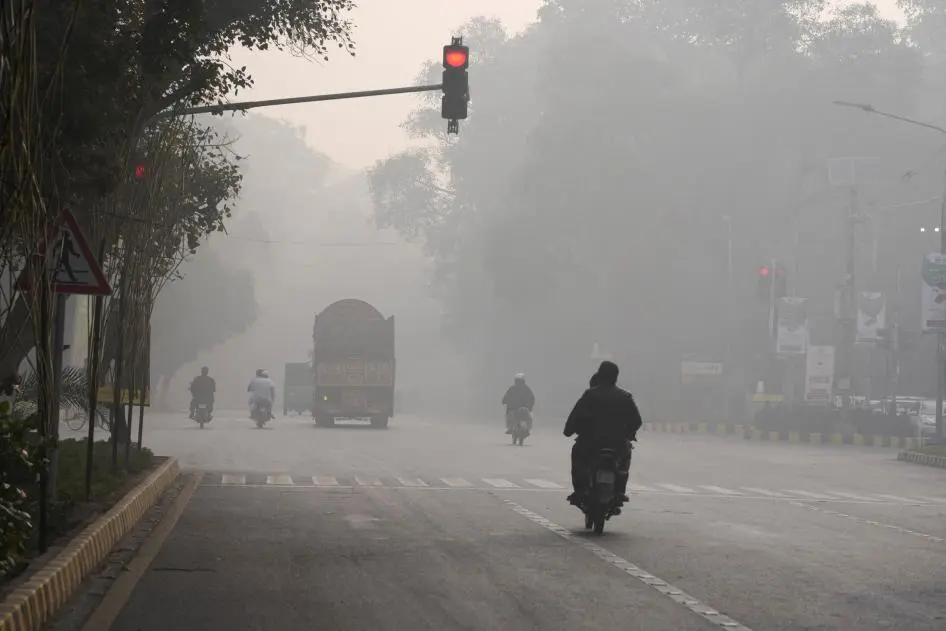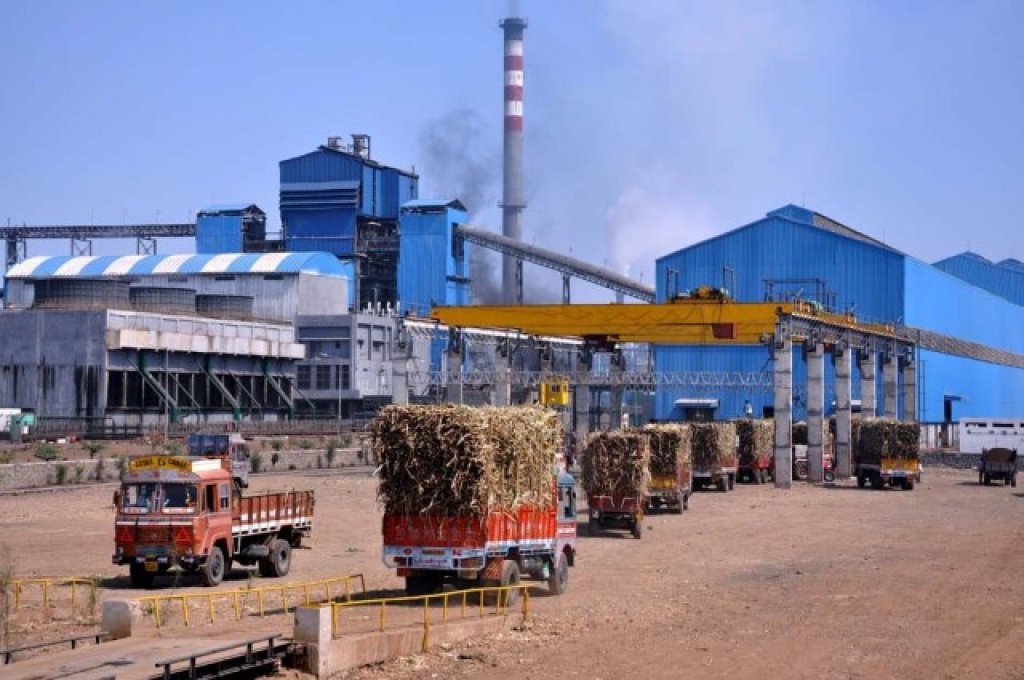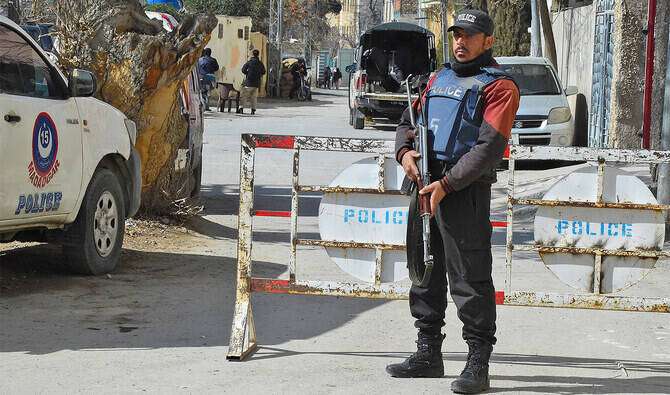Air pollution has become the greatest environmental threat of our time—a silent killer that claims over 8.1 million lives globally every year. According to the United Nations Environment Programme (UNEP), taking action against pollution benefits not only human health but also the economy and ecosystems, as the sources and effects of air pollution and climate change are interconnected.
What is the United Nations Environment Programme (UNEP)?
The United Nations Environment Programme (UNEP) is assisting governments worldwide to strengthen clean air legislation, improve emission monitoring, and promote sustainable investment in the private and industrial sectors. The organization also helps to understand where pollution originates, its human and economic impacts, and how countries can collaboratively reduce it.
Pakistan’s Grave Situation
This issue is particularly acute for Pakistan. For the past several years, the country has been ranked among the three most polluted nations in the world, while Lahore is consistently named the world’s most polluted city. The report indicates that Lahore met the World Health Organization’s (WHO) safe air quality standard on only seven days.
According to the World Bank, outdoor air pollution causes approximately 22,000 premature deaths in Pakistan annually, while household pollution contributes to another 28,000 fatalities. Polluted air reduces the average life expectancy of Pakistanis by about four years, a reduction that soars to seven years in cities like Lahore, Peshawar, Gujranwala, and Rawalpindi. Furthermore, air pollution causes an annual economic loss equivalent to 7% of the national GDP—roughly 365 billion rupees—with the burden falling hardest on the poor population.
Administrative Failure and the Path to Remediation
Experts suggest that this crisis is not merely a natural phenomenon but the result of administrative failures. Weak law enforcement, outdated industrial and transport systems, the burning of crop residue in fields, and smoke rising from brick kilns all combine to create the poison we inhale daily. In Lahore alone, 4.2 million motorcycles ply the roads every day, and old diesel trucks continue to spew black smoke.
According to experts, if Pakistan adopts modern, low-emission practices in the transport, industry, agriculture, and construction sectors, air pollution could be reduced by up to 50%.
Shortage of Climate Funds and Global Commitments Ignored
Climate change journalist Dawood Khan highlighted the worsening situation, saying that thousands of people in Pakistan lose their lives each year due to extreme weather events caused by climate change. He added that air quality monitoring systems have been installed in major cities to measure pollution levels.
Speaking to Khabar Kada, Dawood Khan also drew attention to the global lack of funding, saying:
“Pakistan had raised the issue at the United Nations that poor countries should have a dedicated fund to compensate for losses caused by climate change. Pakistan is among those developing nations suffering major financial and human losses. The UN did establish a fund, but not a single dollar has been deposited into it. After Donald Trump took office, most of the funds allocated for climate change were withdrawn, which has had very serious consequences.”
He further said that after the 2022 floods, which caused nearly $33 billion in damage, several aid pledges were made for Pakistan at the Geneva Conference, but less than half of those funds have actually been delivered.
Explaining the impact of the lack of funding, Dawood Khan said:
“Due to limited financial support, the agencies set up in Pakistan to address climate change are unable to function effectively, as global funds have either dried up or been drastically reduced.”
Dawood Khan also advised the people of Pakistan to shift towards clean and sustainable energy sources that do not contribute heavily to climate change. He stressed the need to raise public awareness, urging citizens not to build homes near rivers and streams to reduce the risk of losses during floods.







